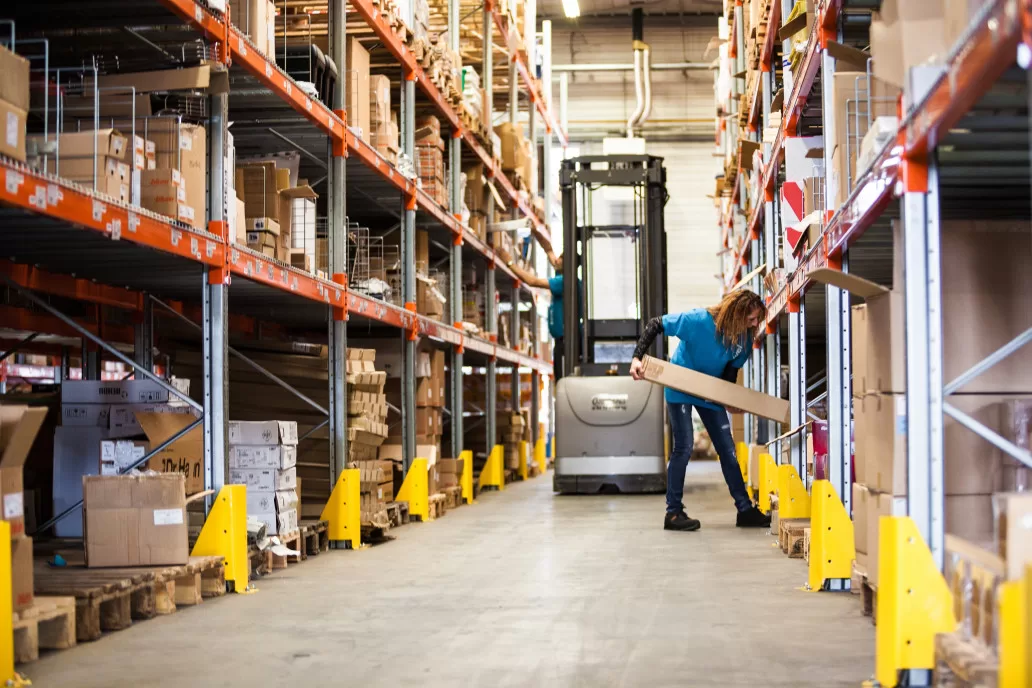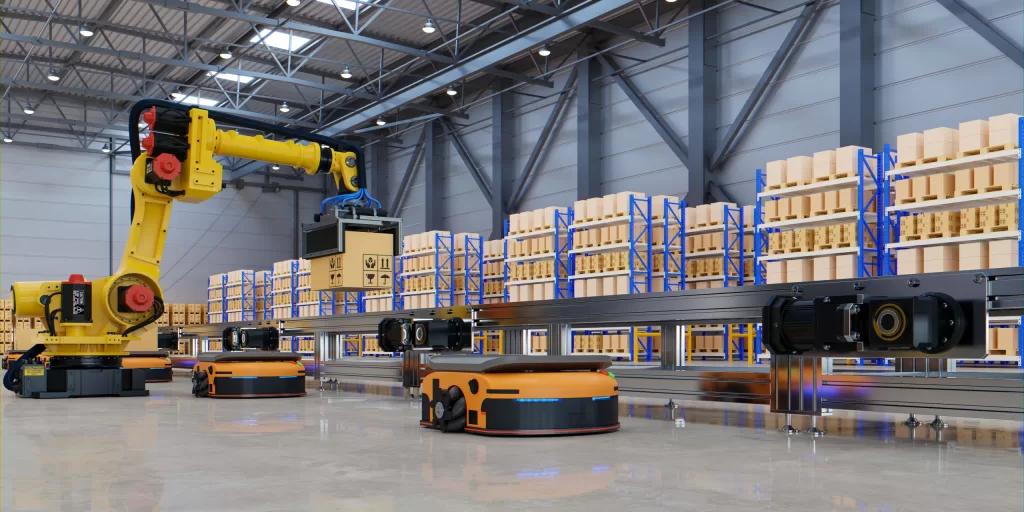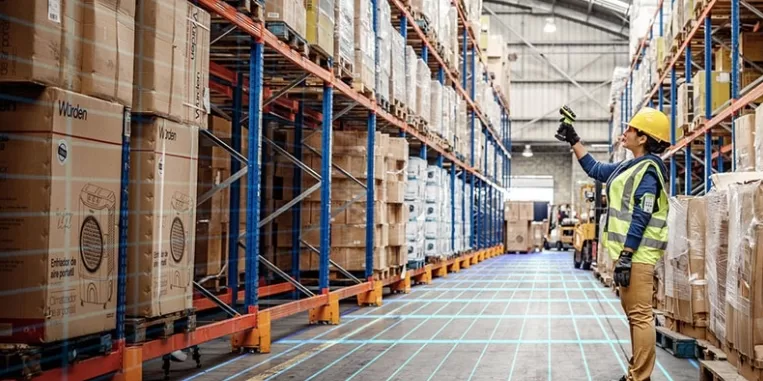What is logistics warehousing?
Logistics warehousing is an essential component of the supply chain, serving as a central hub for the storage, management, and distribution of goods. In today’s global economy, businesses in industries ranging from retail to manufacturing rely on effective logistics warehousing to streamline operations, reduce costs, and improve operational efficiency. In this article, we will take a detailed look at logistics warehousing, including its functions, importance, and best practices, providing valuable insights for businesses looking to optimize supply chain management.
The Basics of Logistics Warehousing
Logistics warehousing is an important part of supply chain management and includes the processes involved in storing goods and managing inventory within dedicated facilities. While the primary function of warehousing is to provide storage space for products, it goes far beyond simple storage. Effective logistics warehousing involves a large number of activities, including inventory management, order fulfilment, cross-docking, and distribution.
Warehouses are an important buffer between supply and demand. They enable companies to maintain optimal inventory levels, which is essential for minimizing transportation costs and ensuring product availability. By strategically storing goods, companies can respond quickly to market fluctuations, seasonal trends, and unexpected surges in demand. Inventory management is an important aspect of logistics warehousing. It involves tracking inventory levels, managing inventory movements, and ensuring the right products are available at the right time. Advanced inventory management systems help companies automate these processes, improve accuracy, and reduce the risk of out-of-stock or excess inventory.
The role of advanced technology
In recent years, the adoption of advanced technology has dramatically changed logistics and warehousing, enabling companies to streamline operations, improve accuracy, and increase overall efficiency. Advanced WMS are at the forefront of this transformation. These systems allow companies to track inventory in real time, automatically process orders, and optimize warehouse layouts for maximum efficiency. By leveraging WMS, companies can reduce manual errors, improve inventory visibility, and facilitate a faster order fulfilment process. The Internet of Things (IoT) is another technological advancement that is reshaping logistics and warehousing. IoT devices can track and monitor inventory levels, equipment status, and environmental conditions in real time. For example, smart sensors can monitor the temperature and humidity levels of perishable goods to ensure that products are stored in optimal conditions.
Best Practices for Efficient Logistics and Warehousing
A well-designed warehouse layout is essential for streamlining workflow and minimizing movement. Companies should evaluate the flow of goods from receiving to storage to shipping, creating an efficient path and reducing unnecessary transportation distances. Implementing a reasonable zoning system can help divide the receiving, storage, picking and shipping areas, allowing for smoother transitions between these stages. Effective use of racking systems, shelves and boxes can also maximize vertical space and improve accessibility to high-turnover items.
Leveraging technology for inventory management, implementing an advanced WMS can significantly enhance inventory tracking and management. WMS can provide real-time visibility into inventory levels, automatic reordering and accurate forecasting, thereby reducing the risk of out-of-stock and overstocking. In addition, barcode scanning and RFID technology can streamline the inventory counting process, improve accuracy and save time on inventory audits.
Challenges and Solutions
Inaccurate inventory records can lead to out-of-stock, overstock and ultimately customer dissatisfaction. Poor management can be caused by human error, lack of real-time data or inefficient processes. To alleviate this challenge, you can invest in an advanced inventory management system to view inventory levels in real-time. Technologies such as barcode scanning, RFID tracking, and automated data entry can help reduce errors and improve accuracy. As businesses grow, they face space constraints in their warehousing facilities. Lack of space can lead to inefficiencies, increased processing times, and the inability to expand inventory levels to meet demand. To overcome space challenges, companies can explore strategies such as optimizing warehouse layouts to improve flow and access. Implementing vertical storage solutions can maximize the use of available height.
The Future of Logistics Warehousing
The advent of automation has fundamentally changed warehousing operations. Automated storage and retrieval systems (AS/RS), conveyor systems, and robotic picking solutions have improved warehousing efficiency and accuracy. These technologies not only reduce labour costs but also minimize human errors and increase order fulfilment speed. As companies implement these automated solutions, they also need to invest in training programs to allow employees to work with robots and manage advanced systems. The rapid growth of e-commerce has greatly changed consumer behaviour and logistics requirements. As the demand for fast and reliable delivery options continues to increase, companies must adjust their warehousing strategies to support e-commerce operations effectively. This includes utilizing smaller, well-located distribution centres to speed up last-mile delivery.
The value of logistics warehousing
Logistics warehousing is a fundamental element of effective supply chain management and plays a vital role in the storage, management and distribution of goods. By understanding its importance and implementing best practices, companies in all industries can optimize their logistics warehousing operations to improve efficiency and customer satisfaction.





